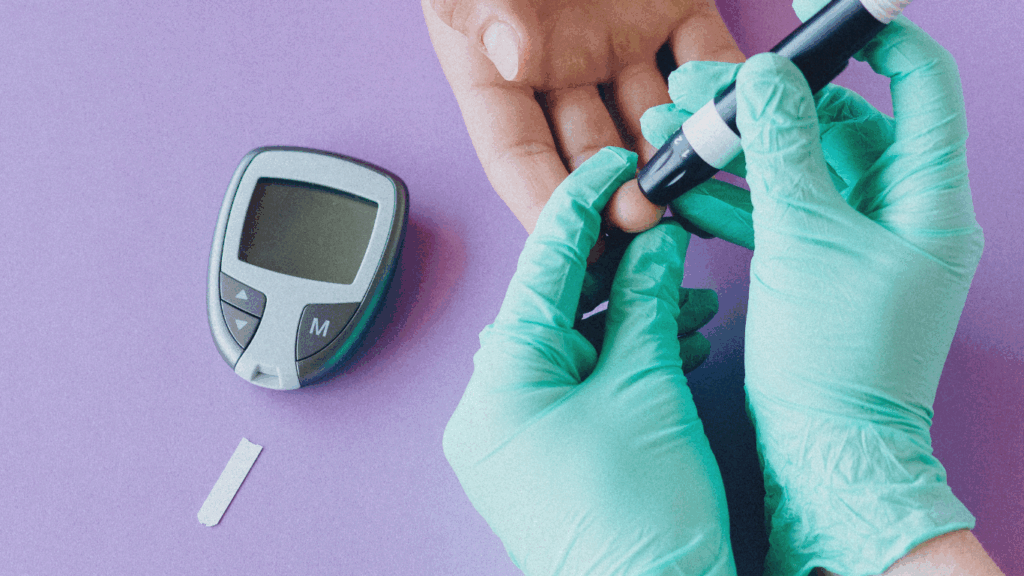In a significant breakthrough, the FDA has approved two new drugs for the treatment of Niemann-Pick Disease Type C (NPC), a rare and debilitating genetic disorder. These approvals mark a major step forward for patients and families affected by a condition that has long lacked effective therapies.
A Long-Awaited Milestone
Niemann-Pick Disease Type C is a progressive disorder characterized by the body’s inability to metabolize cholesterol and other lipids properly. Over time, these lipids build up in the brain, liver, and spleen, causing severe neurological and physical symptoms. It’s a rare disease, but its effects are devastating, often resulting in a drastically shortened lifespan. Until now, there have been no FDA-approved treatments specifically for this disorder, which left families and physicians with very limited options for managing the condition.
But that has finally changed. The FDA recently gave its stamp of approval to two drugs, marking a pivotal moment for the treatment landscape of NPC. These medications aim to slow the progression of the disease and improve the quality of life for those living with it.
What Do These New Treatments Offer?
The two drugs approved by the FDA are designed to target different aspects of NPC. While each medication works through its own unique mechanism, both aim to tackle the underlying lipid metabolism issues at the heart of the disorder.
For years, researchers have been exploring ways to stabilize cholesterol processing within cells. The new treatments are believed to work by altering cellular pathways that help regulate lipid levels, thereby reducing the buildup that causes so much damage in NPC patients. This therapeutic approach could potentially slow down or even prevent the progression of some of the most debilitating symptoms, such as severe motor dysfunction and cognitive decline.
Why It Matters
For patients and families affected by NPC, this isn’t just a medical milestone—it’s a glimmer of hope after years of limited options. The journey to these approvals has been a long and challenging one, involving years of clinical research, patient advocacy, and collaboration among scientists, doctors, and patient communities. The impact of having approved treatments extends beyond managing symptoms; it opens doors to new research avenues, raises awareness, and gives families more time with their loved ones.
Dr. Janet Woodcock, a senior figure at the FDA, expressed the importance of these approvals, noting that the recognition and availability of these treatments signify a shift in how we approach rare diseases. It reflects progress in regulatory frameworks that are increasingly prioritizing rare genetic conditions.
Looking Ahead
With these approvals in place, the next steps will involve monitoring how well patients respond to these therapies in the real world. Experts are optimistic but cautious, emphasizing that while the approvals are a significant achievement, ongoing research is needed to refine and improve these treatments.
This milestone also shines a light on the importance of advocacy in driving research and regulatory focus toward rare diseases. The hope is that these recent advancements will pave the way for future breakthroughs, not just for NPC but for other rare and under-researched conditions.
For more updates on biotech, medical technology, and pharmaceutical advancements, stay connected with BioMed Nexus.



